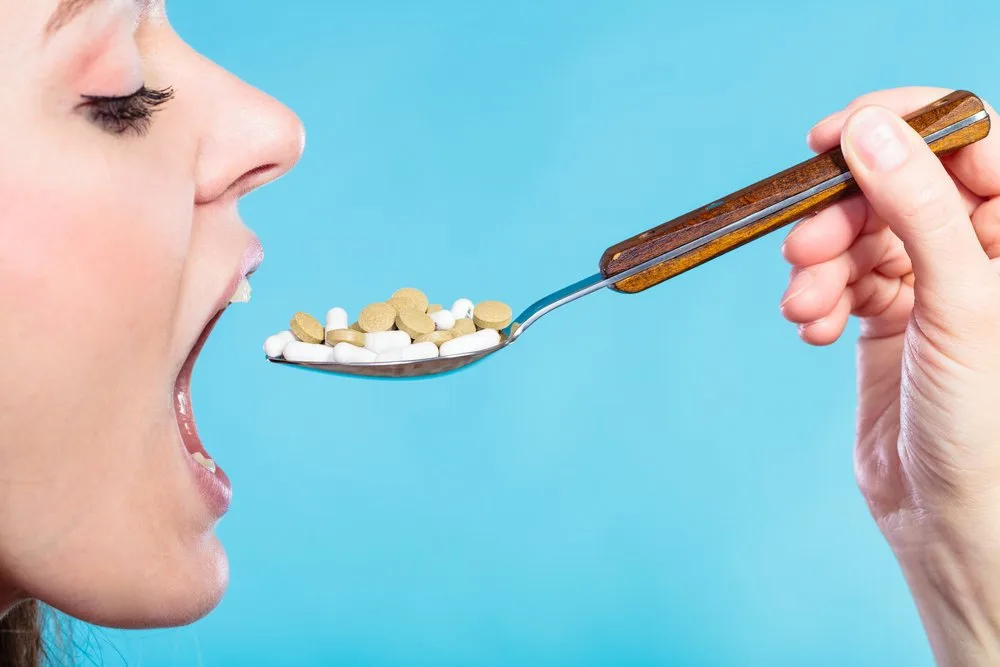In recent years, prescription drug abuse has become a massive problem. Although people initially take them for specific medical reasons, most people end up building dependence. This is not because of the pain, but because of the feel-good effect these drugs have on the person.
When this happens, the person no longer uses the drugs to cope with a medical issue. Rather, they are now an ingrained part of their daily lives when they are not needed. From anxiety medications, stimulants, and most commonly opioid painkillers, this addiction can become deadly.
In fact, next to marijuana, opioid painkillers are the most abused drug in the U.S. In fact, more people are dying from opioid painkiller overdoses than gun-related deaths and traffic accidents combined.
What Are Opioids?
Opioids are medications that doctors usually prescribe for the treatment of persistent, severe pain. They can help ease conditions like chronic headaches and backaches, severe pain associated with cancer, and sports-related injuries (which is the most common reason for opioid dependence).
Opioids interact with opioid receptors in your cells. They can be made from the poppy plant (e.g., Morphine), or synthesized in a laboratory (e.g., Fentanyl). When opioid medications travel through your blood and attach to the opioid receptors in your brain cells, the cells release signals that muffle your perception of pain and boost feelings of pleasure. What makes these medications effective for treating pain, also makes them dangerous and build dependence.
How Do Opioids Work?
Opioids attach to proteins called opioid receptors in nerve cells in the brain, spinal cord, and other parts of the body. When this happens, the opioids block pain messages. The body sends these messages through the spinal cord to the brain. While they can effectively relieve pain, opioids carry some risks and can be highly addictive. The risk of addiction is especially high when patients start using opioids to manage chronic pain over a long period of time.
What is Opioid Dependence?
According to the National Institute on Drug Abuse (NIDA), opioid dependence occurs when someone takes the prescribed medication inappropriately. Dependence occurs with repeated use, causing the body’s neurons to adapt and only function normally in the presence of opioids.
Affecting about 3 million people in the U.S., the absence of an opioid in someone dealing with opioid dependence can lead to several physiological reactions, including:
- Increased muscle and bone pains
- Cold flashes accompanied by goosebumps
- Severe cravings
- Diarrhea
- Sleep problems, including insomnia
Opioids trigger the release of endorphins, which are the brain’s feel-good neurotransmitters. These endorphins distort your perception of pain, along with boosting feelings of pleasure. This euphoric feeling increases the odds of someone continuously taking opioids, regardless of the negative side effects that could accompany them.
Health Risks Associated With Opioid Dependence
Opioid dependence comes with numerous consequences on one’s health, including:
- Cardiovascular disease: Long-term opioid use has been shown to aggravate one’s risk of cardiovascular disease through elevating low-density lipoproteins and free triglycerides. Studies have linked opioids with an increased risk of myocardial infarction and atherosclerosis, amongst other cardiovascular diseases.
- Kidney infections: Long-term use of opioids can lead to rhabdomyolysis, which can amplify the risk of kidney damage. Research has also linked long-term use to an increased buildup of protein in organs and tissues. When this happens, there is an increased risk for chronic infections and inflammation, leading to kidney failure.
- Lung infections: It has been shown that people with high opioid usage have an increased risk of aspiration, pneumonitis, pulmonary edema, and pneumonia. This takes place when opioids interact with gas exchanges in the lungs, causing damage.

BurAnd/Shutterstock
The Most Common Types of Opioids
- Codeine: Used to treat mild to moderate pain and help fight coughs and colds, codeine used to be an active ingredient in numerous over-the-counter medicines. As of 1 February 2018, all mixtures containing this opioid required a prescription. This is due to their tolerance risks and withdrawal symptoms (which include muscle aches, mood swings, and insomnia)
- Fentanyl: About 50 to 100 times more potent than Morphine, and deadlier than heroin, Fentanyl was developed for pain management in the treatment of cancer patients. The Schedule 2 prescription drug can lead to adverse side effects, including respiratory depression, pupillary constriction, and nausea.
- Morphine: Used to treat moderate and severe pain that may be acute or chronic, due to surgery, labor pains in childbirth, or cancer pain, morphine works by changing how the body feels and responds to pain. Physicians typically administer this opioid as an injection or extended-release tablet.
Opioids are prescribed to treat pain, which the FDA has played a significant role in regulating. With prolonged use, pain-relieving effects from these opioids may lessen, which ultimately leads to one developing opioid dependence.
Are You Dealing With Drug Dependence?
According to the Substance Abuse and Mental Health Service Administration, the fastest-growing drug problem in the U.S. isn’t cocaine, heroin, or methamphetamines, it is the abuse of prescription drugs.
Prescription medication dependence is based on taking the medication in a way that is different from what your doctor prescribed, for a prolonged period of time. Do you find yourself reaching for those painkillers, even when you don’t really need them? Have you ever felt like you can’t really function without them? If so, then you’re most probably dealing with opioid dependence.
Dependence isn’t Addiction
Drug dependence is described as the physical condition of your body adapting to using a particular substance. When this happens, your body basically cannot function if there is a deficit absence of said substance. Addiction is the consumption of these substances in high quantities that you cannot control. It is very important that you distinguish between the two before seeking help so that you are treating the right problem.
MAIN IMAGE CREDIT: Voyagerix/Shutterstock
References
- Santo, T., Clark, B., Hickman, M., Grebely, J., Campbell, G., Sordo, L., Chen, A., Tran, L.T., Bharat, C., Padmanathan, P. and Cousins, G., 2021. Association of opioid agonist treatment with all-cause mortality and specific causes of death among people with opioid dependence: a systematic review and meta-analysis. JAMA psychiatry, 78(9), pp.979-993.
- Kosten, T.R. and Baxter, L.E., 2019. Effective management of opioid withdrawal symptoms: A gateway to opioid dependence treatment. The American Journal on Addictions, 28(2), pp.55-62.
- Rogers, A.H., Shepherd, J.M., Orr, M.F., Bakhshaie, J., McHugh, R.K. and Zvolensky, M.J., 2019. Exploring anxiety sensitivity in the relationship between pain intensity and opioid misuse among opioid-using adults with chronic pain. Journal of Psychiatric Research, 111, pp.154-159.





![women [longevity live]](https://longevitylive.com/wp-content/uploads/2020/01/photo-of-women-walking-down-the-street-1116984-100x100.jpg)










